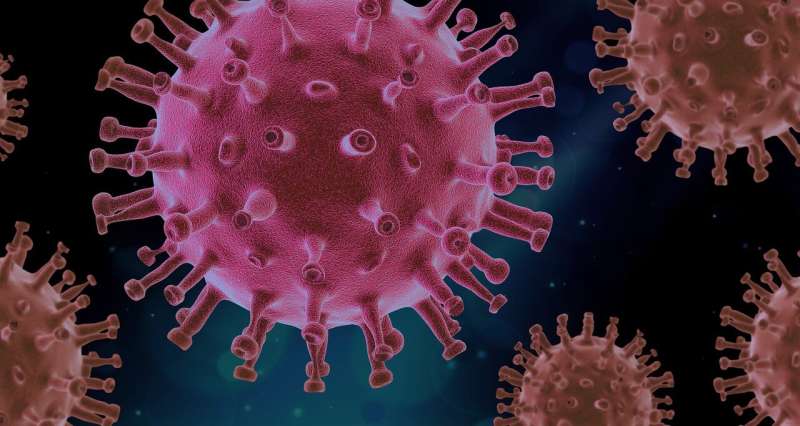
A new paper in JNCI Cancer Spectrum, published by Oxford University Press, indicates that many survivors of adolescent and young adult cancers hesitate to obtain COVID-19 vaccinations.
As of March 2021, there were over 33 million cases and 580,000 deaths from COVID in the United States. Vaccines offer the best hope to control the spread of COVID-19. Some 20%-40% of the US population, however, is hesitant to obtain COVID-19 vaccination. Cancer survivors often have weakened immune systems and are more likely to develop severe respiratory infections, making them particularly vulnerable to the threat of COVID-19.
National organizations recommend strongly that cancer survivors receive the COVID-19 vaccine. Cancer survivors are a priority vaccination group.
Researchers involved in the study aimed to identify sociodemographic factors associated with COVID-19 vaccine hesitancy among adolescent and young adult cancer survivors. Eligible participants were 18 years or older, diagnosed with cancer between the ages of 15 and 39, and received services through an adolescent and young adult cancer care program run by Huntsman Cancer Institute at the University of Utah and Intermountain Healthcare.
A total of 342 participants completed a cross-sectional survey. While 62.9% intended to get the COVID-19 vaccine, over one-third (37.1%) expressed COVID-19 vaccine hesitancy. Female survivors and survivors with a high school education or less reported greater vaccine hesitancy compared to their male or college graduate counterparts.
Some 42% of female young adult cancer survivors in the study indicated vaccine hesitancy (vs. 30.1% of males). Survivors with high school education or less had 3.15 times higher odds of reporting COVID-19 vaccine hesitancy compared to college graduates. Of Hispanic participants, 52.9% exhibited vaccine hesitancy, while 31.6% of White participants reported such hesitancy.
Source: Read Full Article
